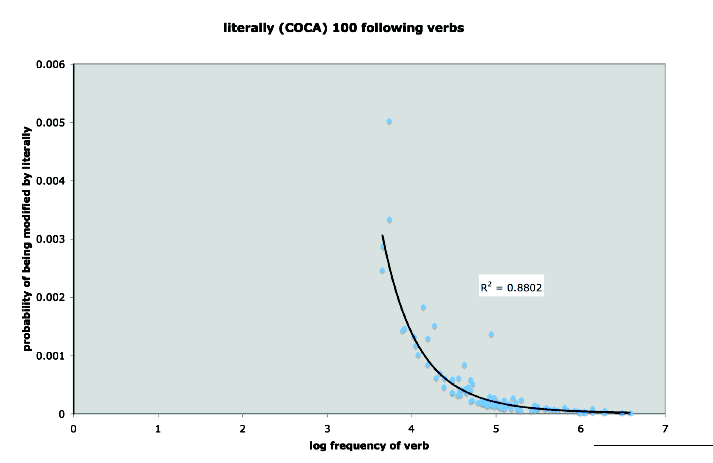Finch linguistics
Andy Coughlan, "First evidence that birds tweet using grammar", New Scientist 6/26/2011:
They may not have verbs, nouns or past participles, but birds challenge the notion that humans alone have evolved grammatical rules.
Bengal finches have their own versions of such rules – known as syntax – says Kentaro Abe of Kyoto University, Japan. "Songbirds have a spontaneous ability to process syntactic structures in their songs," he says.
To show a sense of syntax in the animals, Abe's team played jumbled "ungrammatical" remixes of finch songs to the birds and measured the response calls.
The basic article is Kentaro Abe & Dai Watanabe, "Songbirds possess the spontaneous ability to discriminate syntactic rules", Nature Neuroscience 6/26/2011. And like the coverage in New Scientist, it's both true and misleading.
Read the rest of this entry »
